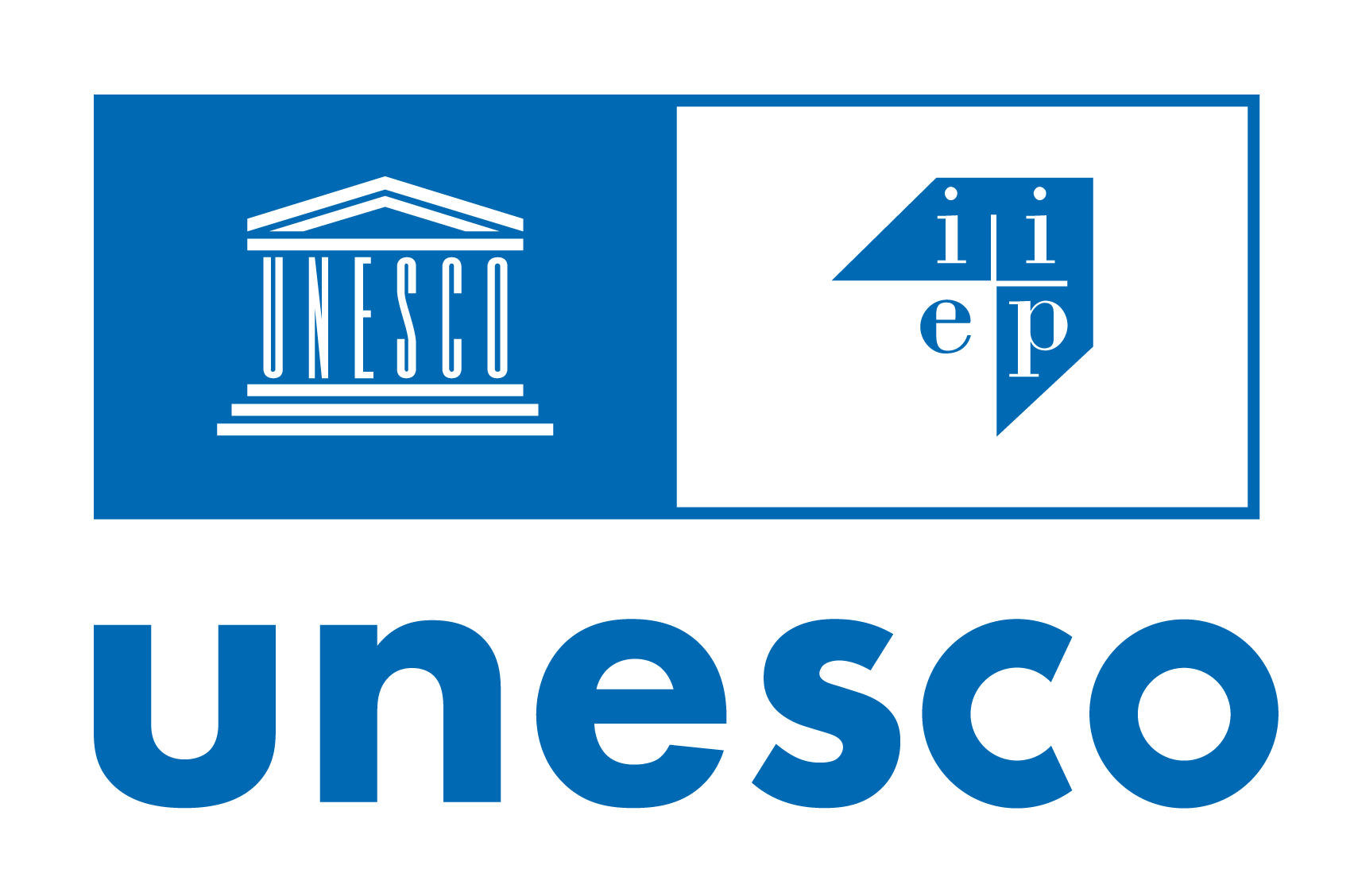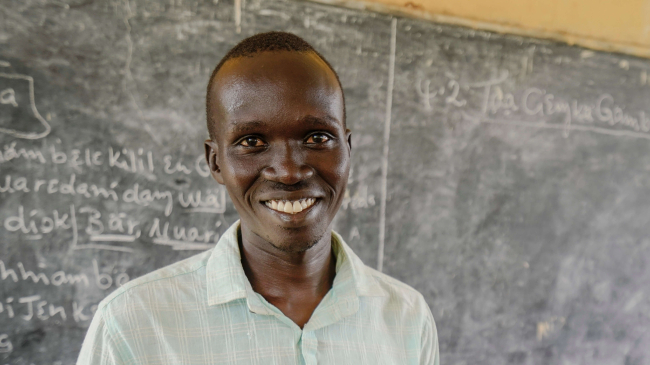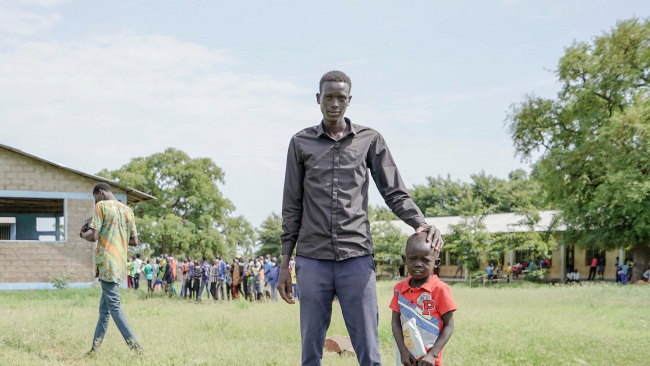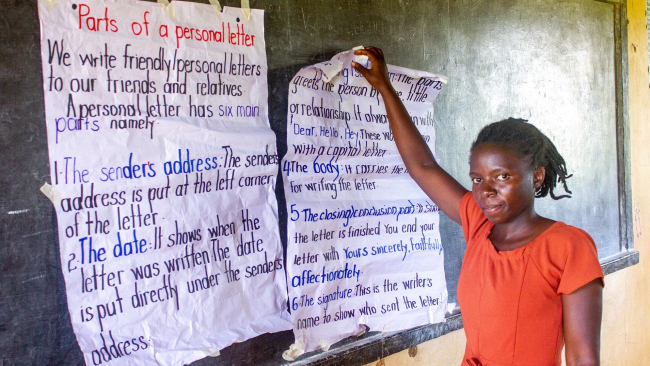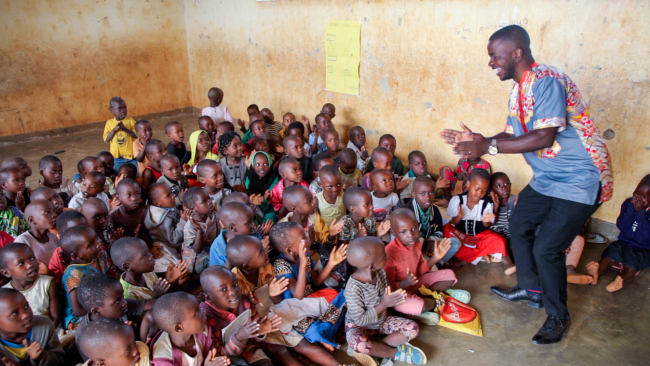This paper considers the relationship between education, conflict and peacebuilding in Rwanda over the last few decades. It firstly examines the role of education in the lead up to the civil war (1990-1994) and 1994 genocide. Prior to the 1990s, despite numerous educational reforms intended to democratise access to education, overall educational attainment levels remained low and there were significant inequalities of access on the basis of class, ethnicity and, to some extent, region. In a ddition, the curriculum disseminated an interpretation of Rwanda’s history, which emphasised ethnic differences and past conflict between Hutu, Tutsi and Twa. Although there is a lack of empirical evidence about the precise links between these factors and participation in the genocide, some analysts argue that these factors combined with the ethnic differentiation practiced in some classrooms in the early 1990s, contributed to the participation of a significant number of young Rwandans in the 1994 genocide.
Year
2010
Pages
22 p.
Series
Background paper prepared for UNESCO for the EFA Global Monitoring Report 2011
Countries
Resource Types
Languages
